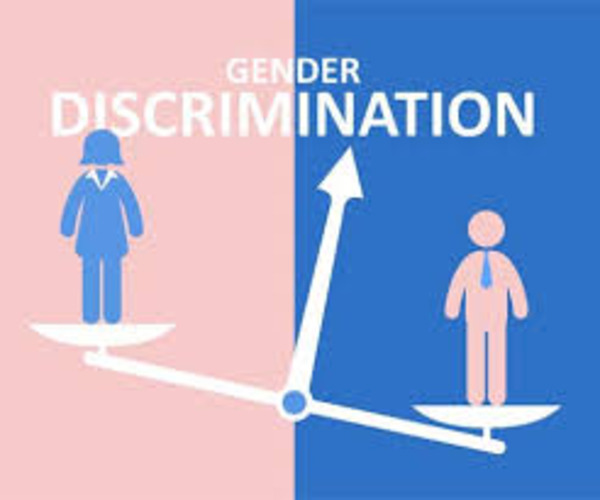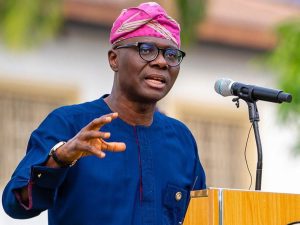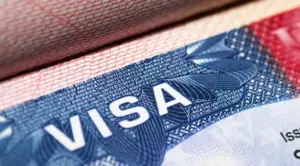Tackling the barriers to gender equality and supporting the empowerment of women and girls has been at the forefront of conversations in recent times.
Eliminating discrimination and rights violations in policy and legislation and the provision of services was harped on at the close-out event of the “Women’s Voice and Leadership Nigeria” project.
Women and girls represent half of the world’s population and therefore also half of its potential. But gender inequality persists everywhere and stagnates social progress. On average, women in the labor market still earn 23 percent less than men globally and women spend about three times as many hours in unpaid domestic and care work as men.
Sexual violence and exploitation, the unequal division of unpaid care and domestic work, and discrimination in public office, all remain huge barriers.
These women continue to raise their voices on challenges faced challenges faced.
International commitments to advance gender equality have brought about improvements in child marriage and female genital mutilation ) have declined in recent years, and women’s representation in the political arena is higher than ever before.
Read Also
But the promise of a world in which every woman and girl enjoys full gender equality, and where all legal, social and economic barriers to their empowerment have been removed, remains unfulfilled.
Political leadership, investments and comprehensive policy reforms are needed to dismantle systemic barriers to achieving Gender equality as a cross-cutting objective.





